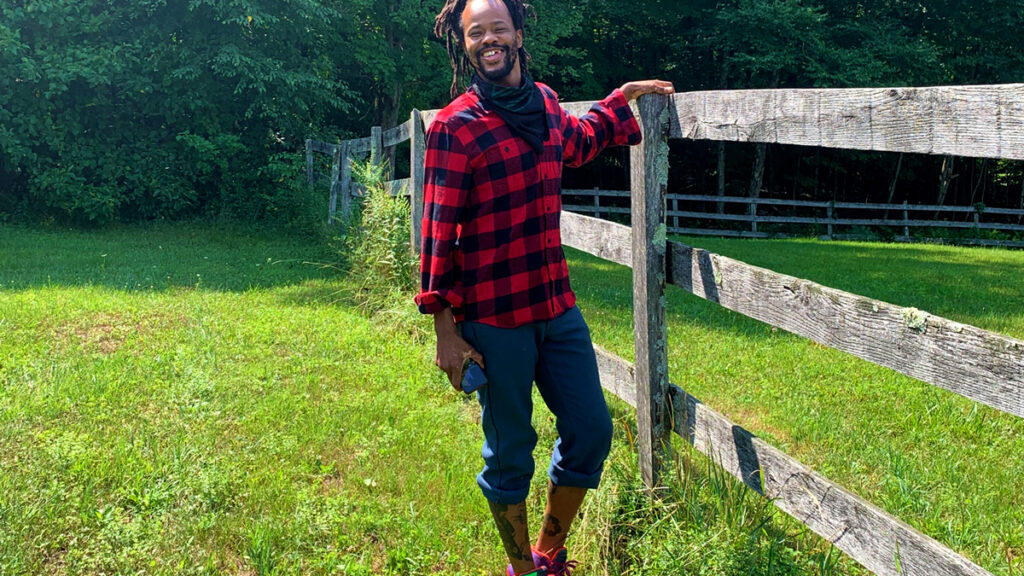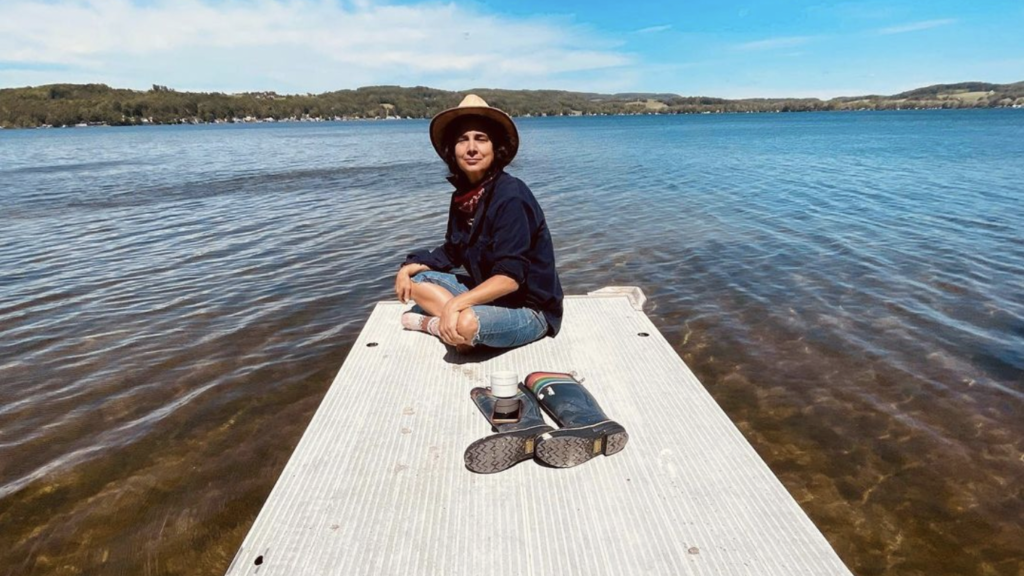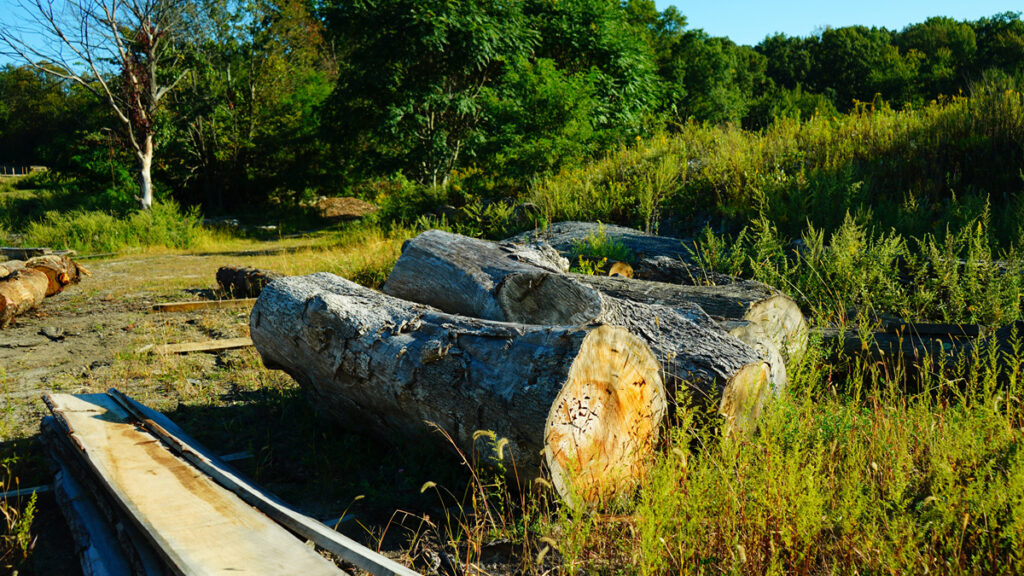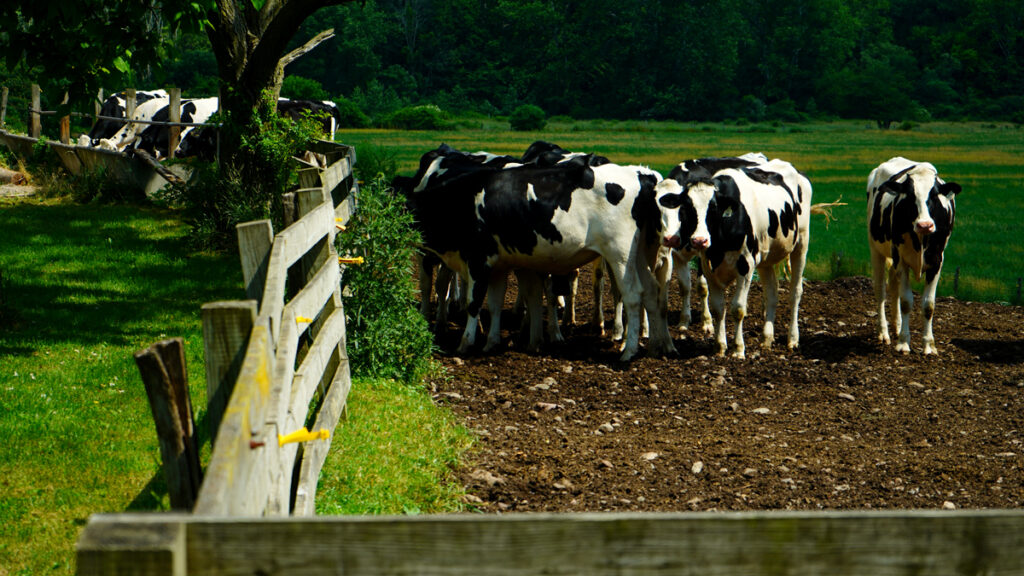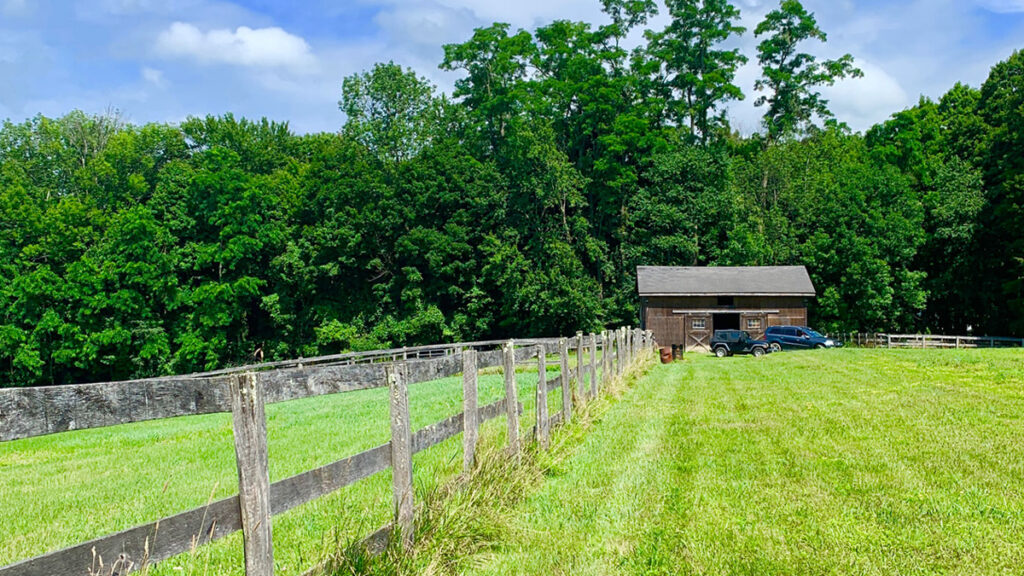Whether it was gentrification of land in Denver or in Austin, whether it was looking at rural land in Grand Junction, Colorado or looking at what happened with the tech industry in Northern Colorado and the displacement of Black folks in the Oakland and San Francisco area. Whether it was LA and the conversations people were having around Immigration while allowing Black folks to be moved out of areas that were traditionally Black and Black owned—now being consumed by white developers.
In Colorado, he started asking the people he was around questions, the first of which was simply how is there so much open land. His friend told him about the Bureau of Land Management and the different activities and legislations that passed to open up the West.
Chris started looking at land in Colorado and Wyoming and it baffled him—you have a state like Wyoming with 700,000 people in the entire state and you can get fifty acres for 100,000 dollars. This phenomena seemed unheard of to him on the East Coast and so he started looking into rural land ownership and who owns what. It was fascinating to see how little rural land was owned by Black people. It was shocking to see that there was more rural land owned by Black folks 100 years ago than now. This caused him to look into how ruralization looks. He wondered why Black people seemingly gave up on rural land and farming? That’s when he started noticing actual government policies and legislation put in place to marginalize Black folks and depossess them of their land. He also noticed private institutions that made land ownership for Black folks difficult—whether it be the people who wouldn't sell to them or the banks that wouldn't give them loans.
Chris started looking at land in Colorado and Wyoming and it baffled him—you have a state like Wyoming with 700,000 people in the entire state and you can get fifty acres for 100,000 dollars. This phenomena seemed unheard of to him on the East Coast and so he started looking into rural land ownership and who owns what. It was fascinating to see how little rural land was owned by Black people. It was shocking to see that there was more rural land owned by Black folks 100 years ago than now. This caused him to look into how ruralization looks. He wondered why Black people seemingly gave up on rural land and farming? That’s when he started noticing actual government policies and legislation put in place to marginalize Black folks and depossess them of their land. He also noticed private institutions that made land ownership for Black folks difficult—whether it be the people who wouldn't sell to them or the banks that wouldn't give them loans.
